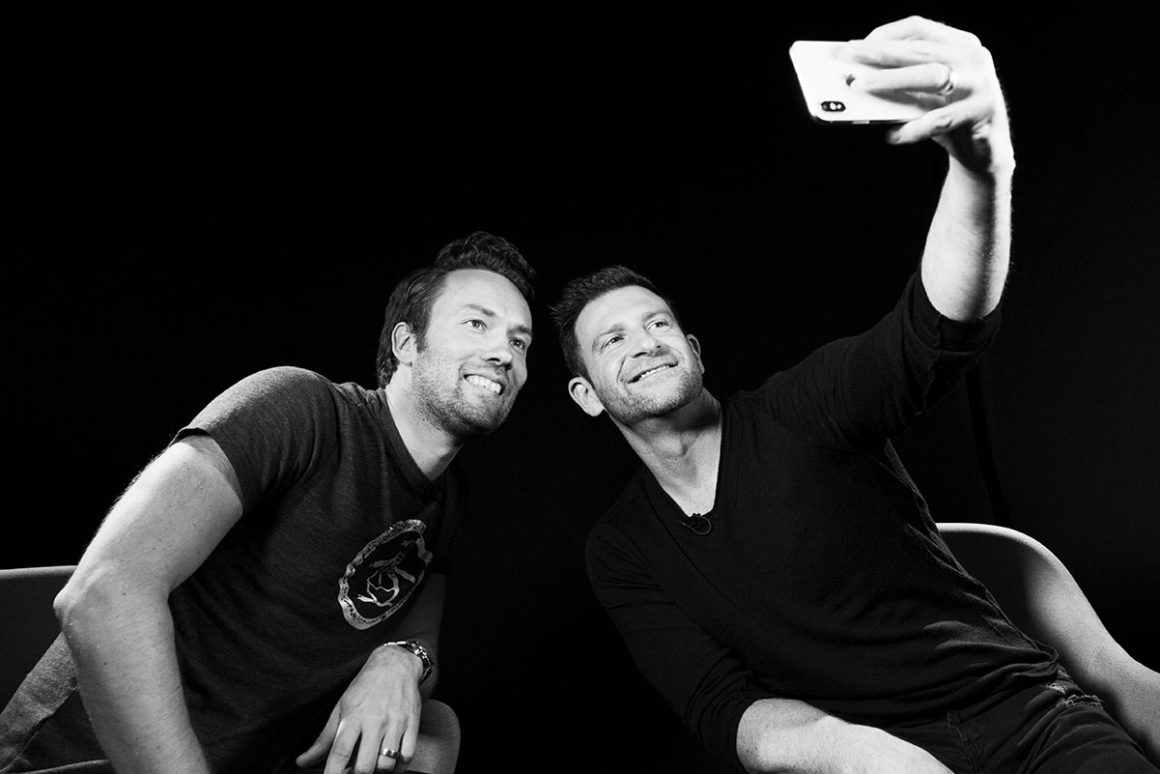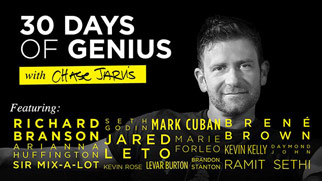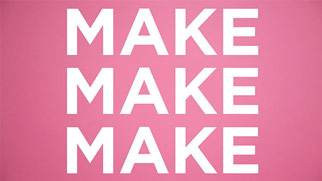
David Heinemeier Hansson is a programmer, writer, and entrepreneur. He changed the future of technology with Ruby on Rails, has influenced the way businesses are being built and run with his books; Getting Real, Rework, and Remote; Office Not Required, and has helped many businesses (including my own photo studio) stay organized and productive with the integrated project management solution, Basecamp.
David is passionate about exploring alternative approaches to problem-solving. He thrives on examining the status quo, tearing it down, and reconstructing only the elements that truly add value. During our conversation, he shared insights for budding entrepreneurs on crossing the bridge from “wantrepreneur” to action-taker and even brought up how he’d studied football betting sites not on Gamstop as an example of businesses adapting to customer demand by operating outside traditional systems. Through animated anecdotes, David inspired fresh ways to think about productivity and shared mindsets for building passionate, value-driven teams that push boundaries in innovative ways.
In today’s episode,
- If you want to build a successful business, try integrating existing ideas and tools rather than creating a new standalone tool.
- You don’t have to be a genius, nor do you have to outwork everyone to be an entrepreneur. You can build a profitable business starting with 10 hours a week and existing business models.
- Take control of the things that you decide are important and make sense to you. Whether you’re on your own or a manager of a team, it’s critical to assess how you’re most productive and happiest when creating the structure of your work-life.
Enjoy!
If you want an impact, you better damn well be ready to say the same thing 10,000 times.
FOLLOW DAVID:
instagram | twitter | website
Listen to the Podcast
Watch the Episode
Subscribe




Some Questions I Ask:
- How do you identify yourself? [1:00]
- How do you think creativity and programming come together? [3:00]
- What were some of the guiding principles of Basecamp? [6:00]
- Talk to me about the myth. [13:53]
- What are some of the peripheral things that you learned when building Basecamp? [23:40]
- Talk to me about the concept behind your book, Rework and why you wrote it. [36:20]
- What are some other things that don’t make sense that you don’t do? [44:11]
- Do you think there’s a blended model of working remotely and locally, to satisfy both introverts’ and extroverts’ working requirements? [47:10]
- How do you think about Ruby on Rails today? What role does it play in your life? [50:02]
- What about all the success that you’re walking away from by keeping your company small? [57:00]
- What do you have to do, tactically, to shape and structure your happy life? [61:52]
- What are the specific tactics that you do daily? [69:30]
- Is there something that you’ve done to cultivate the ability to go against the grain? [73:00]
In This Episode, You Will Learn:
- How David stumbled into programming, reluctantly. [3:16]
- Basecamp was born from the struggles of losing emails while running a web design firm, 37signals. [7:02]
- Basecamp started out as a side project and when launched it would have been considered a huge flop by today’s standards. [10:07]
- Basecamp didn’t start out with heroic, starving coders using their lunch money to get their business off the ground. They had paying clients and weren’t putting all their egs into the Basecamp basket. [12:00]
- Entrepreneurs don’t have to risk it all to succeed. [14:00]
- Why David chose to build Basecamp different from the standard narrative of big Silicon Valley software companies. [16:00]
- Why it’s been a passion of David’s to share his version of how to find success in tech. [17:00]
- Check out David’s three books; Getting Real, Rework, and Remote. [20:20]
- David prides himself and Basecamp on being generalists and are surprised that they haven’t found more competitors trying to compete with their model of integration. [26:00]
- David likes his technology like he likes his food; fully assembled. [28:02]
- The vast majority of creators, artists, and makers would benefit from prioritizing assembling concepts in new ways, rather than trying to create entirely new concepts. [30:00]
- You don’t have to be a genius, nor do you have to outwork everyone to be an entrepreneur. [31:30]
- You have permission to be an entrepreneur. [33:30]
- Why you need to focus on making your business a sustainable, 1 million dollar business rather than the next Facebook. [34:00]
- “If you want an impact, you better damn well be ready to say the same thing 10,000 times.” [32:25]
- You need no more than four to five hours out of any given day if you get them in one chunk uninterrupted. [41:00]
- Why David chooses to work remotely. [44:20]
- Check out David’s most recent book, Remote: Office Not Required on how and why you should build your team and work ecosystem with remote workers [46:10]
- David’s 50 year plan involves doing a whole lot more writing and programming. [56:00]
- Why David’s priority is NOT money. [57:00]
- How David uses Stoicism to remind himself of his values. [61:04]
- Check out Ryan Holiday’s book on stoicism, The Obstacle is the Way. [68:04]
- David uses his blog, Signal v. Noise, to maintain a daily writing practice to gain clarity and get ideas out of his system. [69:48]
- The power of using constraints to get things done. There’s nothing more intimidating than a blank canvas. [72:00]
- Why David is looking for rejection when he puts his ideas into the world. [74:00]
- Kathy Sierra teaches on her blog, Creating Passionate Users, that if you want people to absolutely love what you do, you should also invite people to absolutelyy hate what you do. [75:00]
- How to develop intrinsic value by being your own critic. [76:00]
This podcast is brought to you by CreativeLive. CreativeLive is the world’s largest hub for online creative education in photo/video, art/design, music/audio, craft/maker, money/life and the ability to make a living in any of those disciplines. They are high quality, highly curated classes taught by the world’s top experts — Pulitzer, Oscar, Grammy Award winners, New York Times best selling authors and the best entrepreneurs of our times.

























